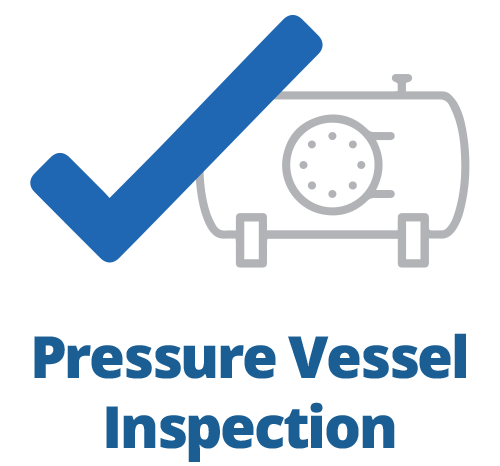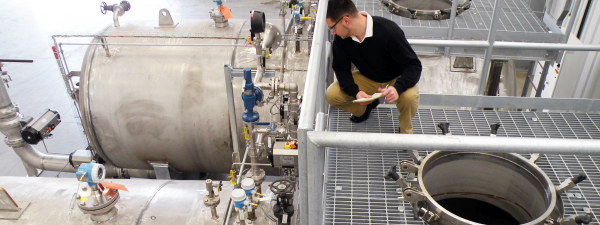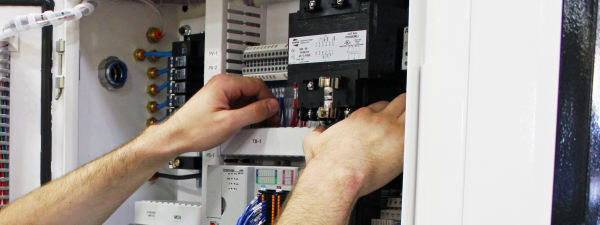Pressure Vessel Inspection
The National Board Inspection Code (NBIC) specifies that pressure vessels shall be inspected at 1/2 of the remaining vessel life, or 10 years, whichever is less. We offer a service which gives you the information you need to take necessary action.

 How Often Should Vessels Be Inspected?
How Often Should Vessels Be Inspected?



